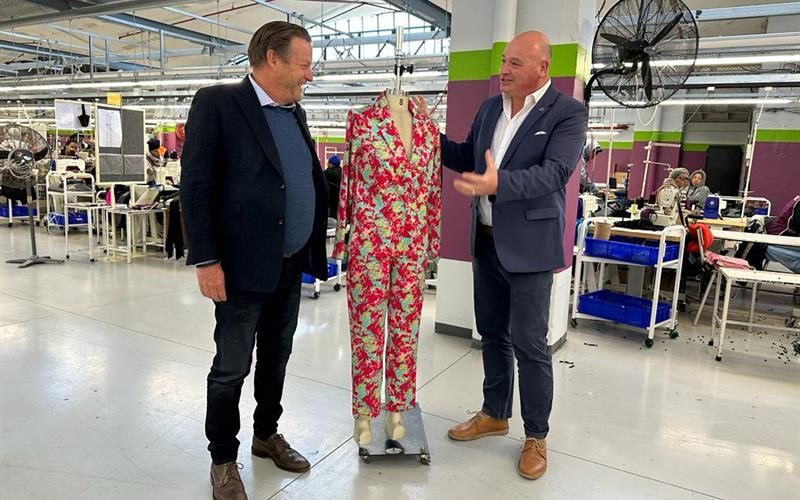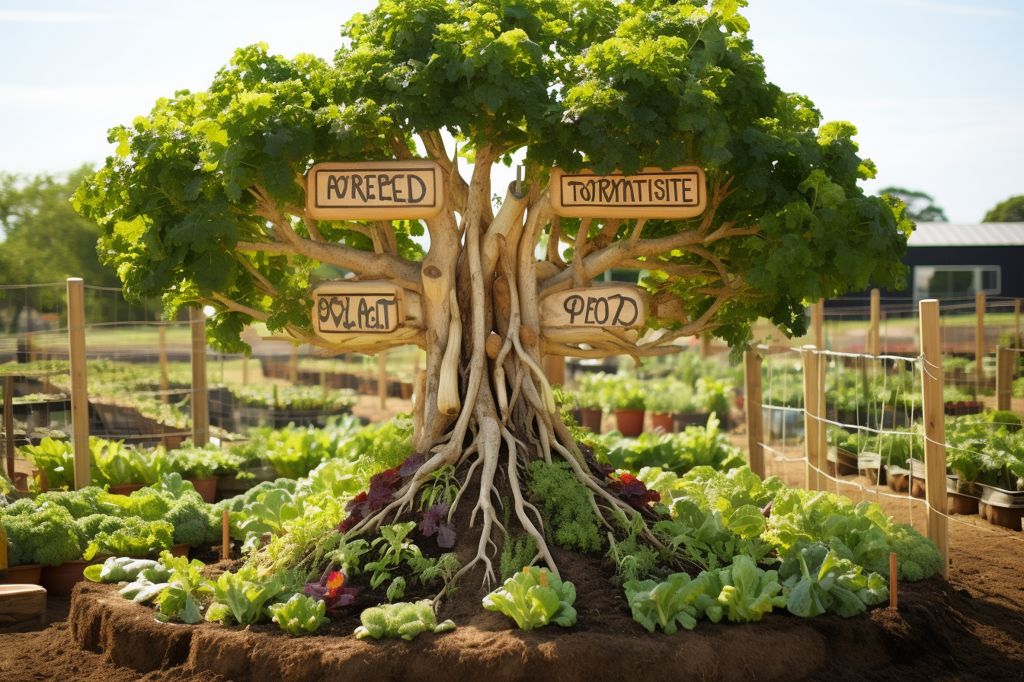Cape Town’s clothing and textile industry is experiencing a renaissance, thanks to the city’s rich history of art and design, a skilled workforce, and increasing market demands. The industry has become the second-largest employer in the city’s manufacturing sector, and the Cape Clothing and Textile Cluster (CCTC) has identified the potential for the creation of at least 20,000 new jobs through increased local sourcing.
TFG’s Role in the Industry’s Growth
The Foschini Group (TFG), one of South Africa’s largest clothing and textile retail giants, has played a significant role in the sector’s growth. The revamped Prestige clothing manufacturing plant in Epping, owned by TFG, employs more than 1,350 local residents and over 3,000 across the province. TFG’s production has increased from 6 million garments in 2016 to 17 million in 2022, highlighting the vitality of the industry.
CCTC’s Role in Fostering a Globally Competitive Industry
The CCTC is an industry-led, public-private partnership that brings together retailers, manufacturers, and public sector stakeholders. It focuses on developing quick-response capabilities, improving manufacturing productivity, skills development, and market access initiatives to foster a globally competitive clothing and textile industry in the Western Cape.
The City’s Support for the Industry
The City’s Economic Growth Directorate is directing more funds towards the CCTC to expand programs to upskill workers, strengthen small and medium-sized enterprises (SMMEs), and cultivate investment opportunities. The Craft + Design Institute (CDI) administers the Cape Skills and Employment Accelerator Project, which has successfully provided training to 119 young Capetonians at 45 manufacturing SMMEs located across the metropolitan area.
Building Hope Budget
The City has earmarked R41 million in its ‘Building Hope’ Budget for the next financial year to fund economic incentives aimed at attracting jobs and investors to Cape Town. This allocation builds on the previous year’s achievements through the Special Purpose Vehicle (SPV) program, which facilitated over R10.85 billion in investments, created 8,718 jobs, and trained 3,497 people for work in the city’s high-value industries.
Cape Town’s clothing and textile industry is full of untapped potential, and the city’s investment in its people, nurturing of its unique artistic heritage, and embracing of innovative solutions positions it to become Africa’s premier destination for business in the sector. The industry’s growth is a testament to the resilience and determination of Cape Town and its workforce, weaving a vibrant tapestry of economic development and social progress.








